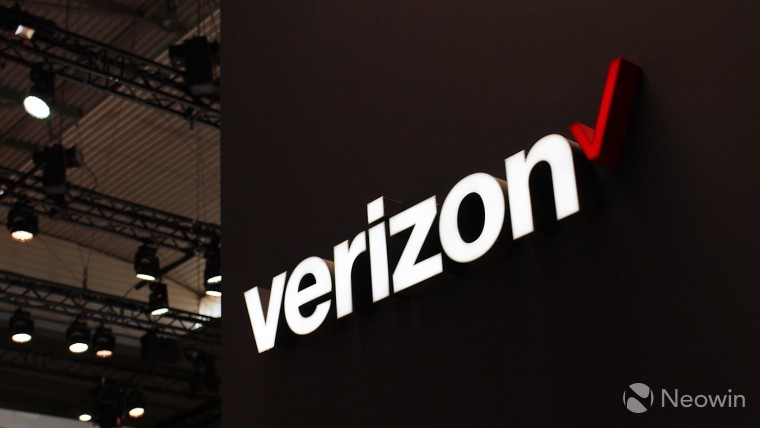
Huawei has announced that it has filed a patent infringement lawsuit with the United States District Courts for the Eastern and Western Districts of Texas because it believes Verizon has infringed its patents. According to the Chinese firm, Verizon should pay compensation for using technology that's protected by 12 of Huawei’s U.S. patents.
In a statement, Huawei noted that it spends 10-15% of its revenues on research and development every year to develop technologies quicker than its rivals. This extensive R&D has seen the firm spend $70 billion in the last decade and has resulted in 80,000 patents worldwide, with 10,000 patents in the U.S. It said that it doesn’t mind Verizon using patented technology but only as long as it pays for the privilege.
Before taking legal action, the two firms had been negotiating for a while, in that time, a list of patents being used by Verizon, combined with factual evidence, was compiled. At the end of the discussions, the two parties did not come to an agreement on license terms.
Dr Song Liuping, Huawei’s Chief Legal Officer said:
“Verizon's products and services have benefited from patented technology that Huawei developed over many years of research and development. For years now we have successfully negotiated patent license agreements with many companies. Unfortunately, when no agreement can be reached, we have no choice but to seek a legal remedy.
This is the common practice in the industry. Huawei is simply asking that Verizon respect Huawei's investment in research and development by either paying for the use of our patents, or refraining from using them in its products and services.”
To highlight standard business practice in the industry, Huawei revealed that since 2015 it has received more than $1.4 billion in patent license fees while spending $6 billion to legitimately use patented technology developed by industry partners and noted that 80% of those fees had gone to companies in the United States. The firm said it wants to continue sharing its patented technologies with others but also believes it should receive licensing payments in return.
















2 Comments - Add comment